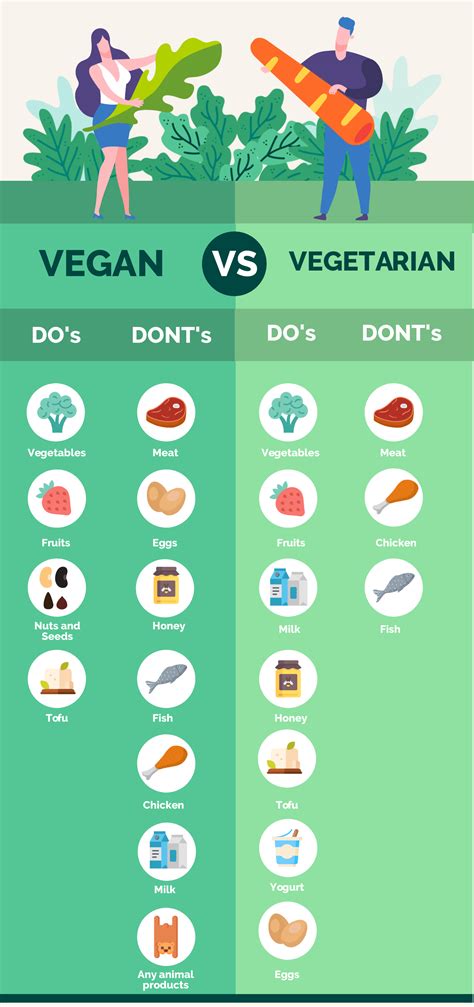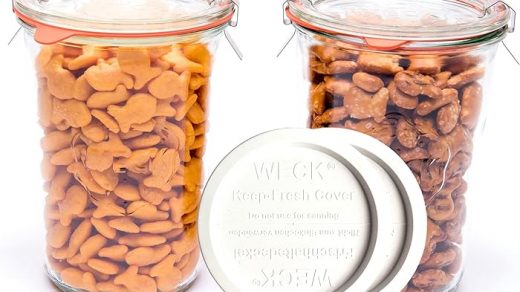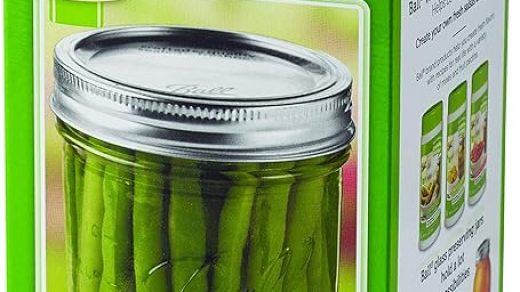Vegan and vegetarian diets are widely considered to be safe and nutritionally sufficient. However, it is important to understand that certain nutrients, not typically found in plant-based diets, need to be supplemented. This is particularly true for vitamin B12, which is not produced by plants but rather by microorganisms. Vitamin B12 is crucial for numerous bodily functions, including red blood cell production and the maintenance of the central nervous system.
Multivitamins play a vital role in ensuring that vegans receive their daily recommended values of essential nutrients. For instance, the Future Kind Essential Multivitamin is highly recommended for vegan athletes and anyone following a vegan diet. This multivitamin includes 18 mg of iron, 100% of the daily value for vitamin B12, and vitamin D, making it a comprehensive choice.

For those looking for a specific recommendation, the Essential for Vegans multivitamin from Future Kind is an excellent choice. It contains 400 mcg of vitamin B12, 50 mcg of vitamin D3, and 650 mg of omega-3 fats. These nutrients are especially important for vegans, as they are not readily available in plant-based foods.
However, there are certain considerations to keep in mind. Some multivitamins, like those from Centrum, contain gelatin, making them unsuitable for vegans and vegetarians. It’s important to carefully check the ingredients of any supplement.
The key nutrients that vegans should focus on include Vitamin B12, Vitamin D3, iron, iodine, zinc, selenium, omega-3 fatty acids, and Vitamin K2. These can be found in various plant-based foods, but supplements ensure consistent intake, especially for those with busy lifestyles.
Future Kind Essential Vegan Multivitamin (ad)
In conclusion, while vegan diets can provide most of the necessary nutrients, supplementation is key to cover any nutritional gaps, especially for vitamins and minerals that are less common in plant-based foods.







